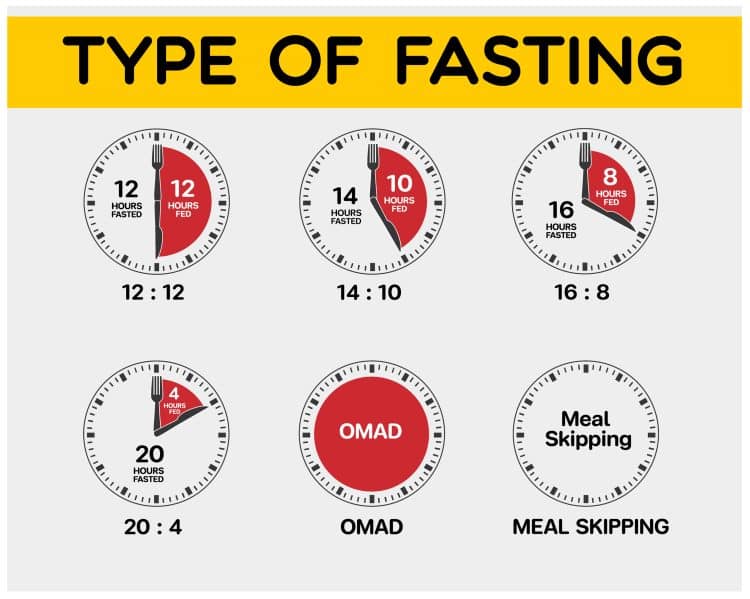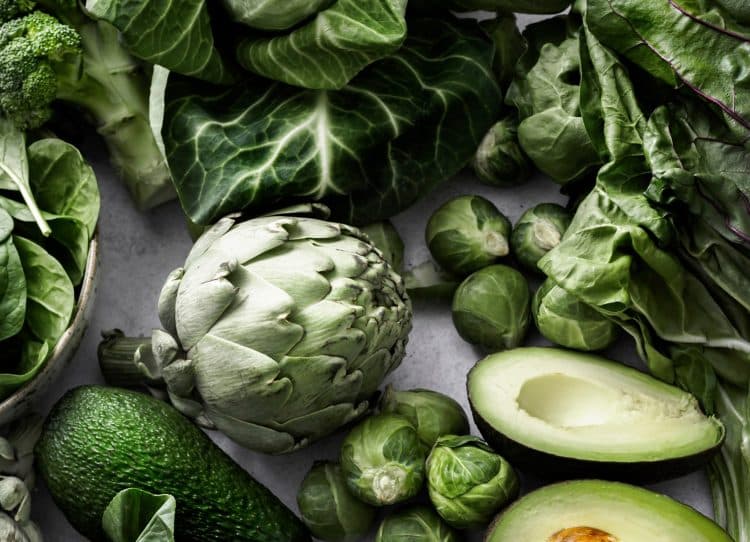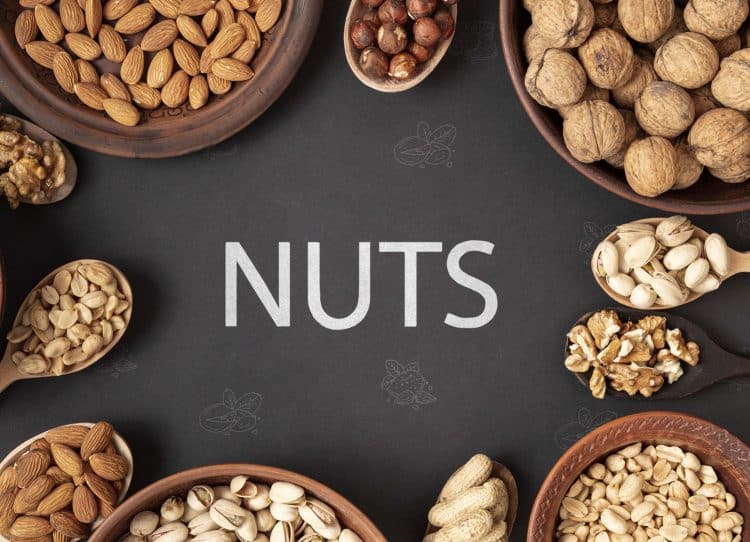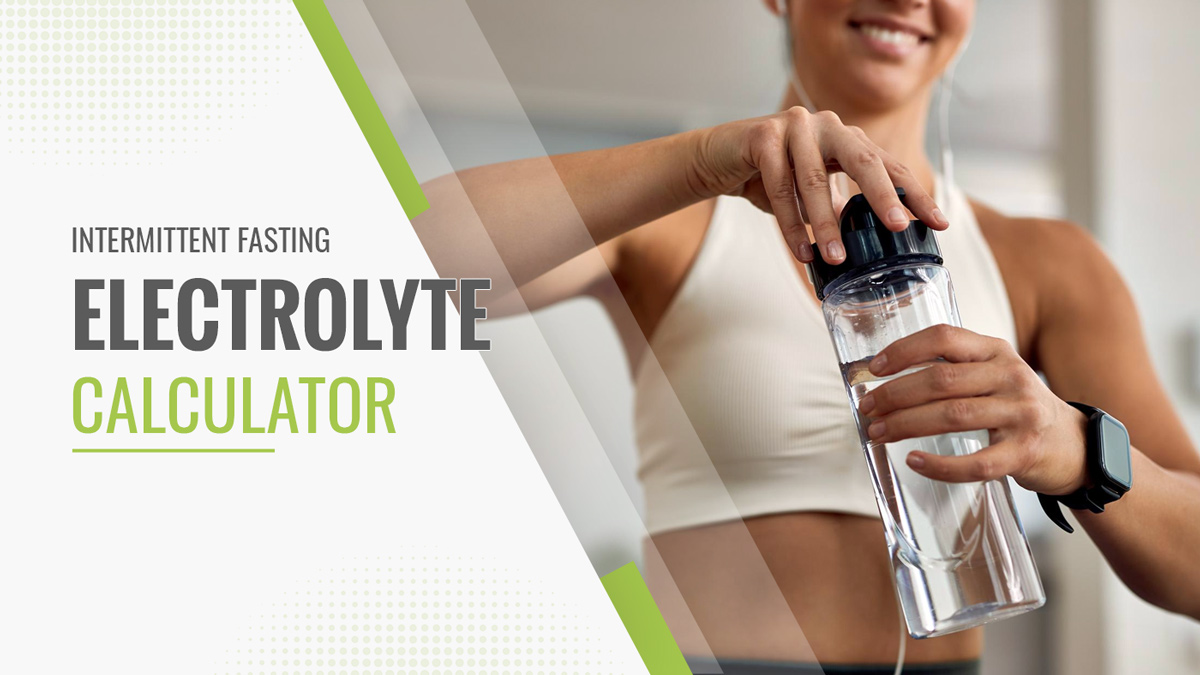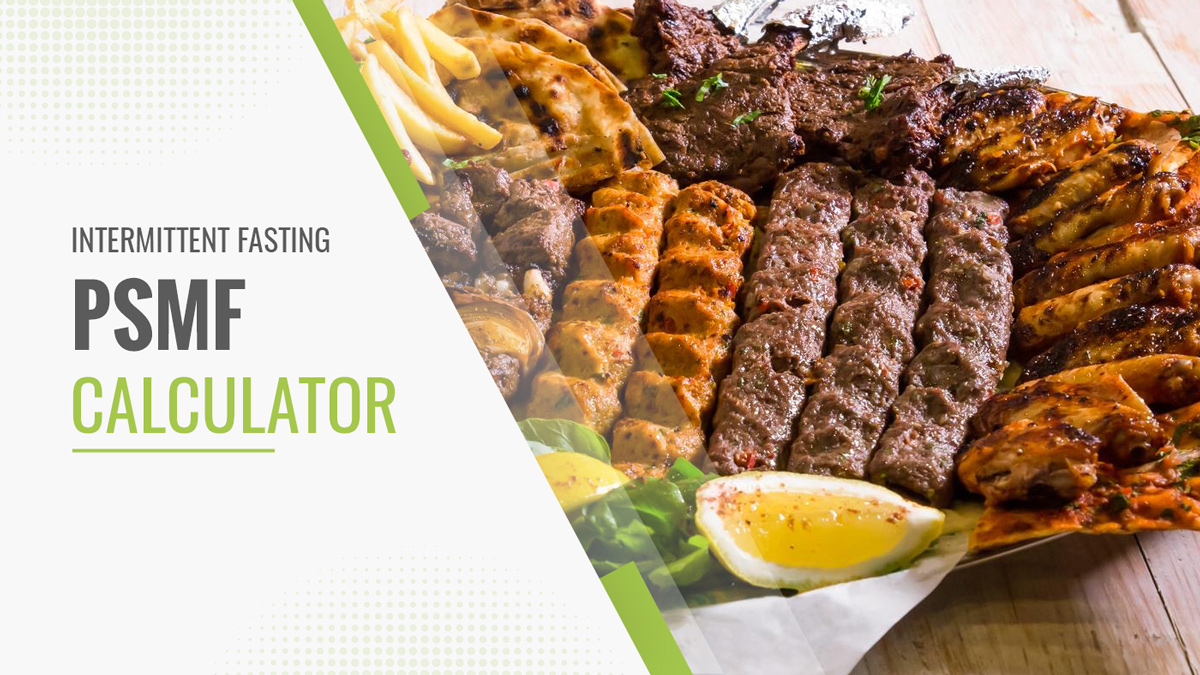Fasting has been a part of human culture since ancient times, serving purposes ranging from survival during food scarcity to religious and spiritual practices. Historical records show that Hippocrates, the famed ancient Greek physician, often recommended fasting to cure various illnesses.
In modern times, the abundance of food and a shift in dietary narratives have led many to eat more frequently, sometimes even when not hungry. This change has contributed to obesity becoming one of the most prevalent health issues of the 21st century. Studies indicate that obesity is a leading cause of serious ailments like coronary artery disease, diabetes, stroke, and cancer. [1]
Healthcare professionals agree that obesity poses significant health risks and advocate for systematic approaches to address it. One effective method is **intermittent fasting (IF)**, a time-based fasting protocol proven to aid in weight loss and improve various health markers. [2]
Will This Break Your Fast?
Find out if coffee, tea, sweeteners, and other drinks break your fast based on your specific fasting goals.
Check What Breaks My Fast →Best Foods to Eat During Intermittent Fasting
The optimal foods to consume while intermittent fasting include **eggs, fish, seafood, avocados, potatoes, green vegetables, whole grains, nuts, and fermented foods**. Staying hydrated by drinking water throughout the day is essential.
Understanding Intermittent Fasting
Intermittent fasting is a time-restricted eating pattern where you cycle between periods of eating and fasting. Typically, IF allows the consumption of water during fasting periods.
Popular intermittent fasting methods include:
- 16:8 Fasting Plan: Eat within an 8-hour window and fast for the remaining 16 hours each day.
- 5:2 Fasting Plan: Eat normally for five days a week and reduce calorie intake to 500–600 calories on the other two non-consecutive days.
- Alternate-Day Fasting: Fast every other day, alternating between fasting and eating days.
- One Meal a Day (OMAD) Fasting: Consume one large meal per day and fast for the remaining 23 hours.
How Intermittent Fasting Works
To better understand how intermittent fasting works, you need to understand what happens in the human body once the food is ingested.
Once you eat food, the insulin levels in the body spike. Insulin is responsible for burning and generating energy from the food you eat. Any excess energy is converted to glycogen and stored in the liver, which eventually transforms into fat and takes the shape of fat deposits in the body.
During the fasting state, the insulin levels dramatically drop, which signals the body to use up the stored glycogen in the liver. When this glycogen reserve is depleted, the body breaks down stored fat to produce energy and function normally. This process is known as ketosis. [3]
The main goal of intermittent fasting diets is to regularly attain the state of ketosis so that the stored body fat is burned and you lose the extra fat. In the past few years, intermittent fasting has become highly popular. It may be because intermittent fasting has shifted the emphasis from “what to eat” to “when to eat.”
Foods To Eat During Intermittent Fasting
Intermittent fasting focuses on eating and fasting in cycles. It doesn’t focus too much on what to eat during the eating window. However, it does not mean you can eat junk while intermittent fasting and expect good results.
Most dieticians and healthcare professionals recommend that a balanced diet filled with nutritious fruits and vegetables be eaten while practicing intermittent fasting.
Before we move on to food items recommended during intermittent fasting, let us talk about the essential functions of water during intermittent fasting.
Water
Water is rightly classified as an essential nutrient because it functions as a building material for the body and a solvent. It serves as a reactant for chemical reactions that occur in the body.
Additionally, water is a carrier of waste products and nutrients, a lubricant for the bones, and a shock absorber for the joints. So, drinking a good amount of water while intermittent fasting is an absolute must. Otherwise, you may suffer dehydration, which can lead to other complications. Folks who find it difficult to drink a gallon of plain water a day can add lemon or mint leaves to make it more interesting. [4]
Eggs
Eggs are considered to be a superfood, and rightly so. One hard-boiled egg white contains almost six grams of protein, which goes a long way in accounting for the daily protein requirement of an average person.
Eggs contain certain good fats and nutrients essential for the body. A recent study suggests that eggs are more filling than other carbohydrate-rich foods. As specific intermittent fasting techniques involve fasting for nearly 16 hours a day, eating nutritious and filling foods is critical. Also, eggs are super cheap, easy to cook, and one of the most versatile food items. [5]
Fish and Seafood
Fish and seafood are excellent sources of lean protein and omega-3 fatty acids, which support heart health and reduce inflammation. Options like salmon, mackerel, and sardines also provide vitamin D and essential minerals. Incorporating seafood into your diet can enhance satiety and contribute to muscle maintenance.
Green Vegetables
Fasting is difficult for most people because when you fast, your body craves junk food, which can lead to irregular bowel movements.
That is where green cruciferous vegetables like broccoli, Brussel sprouts, and spinach come to the rescue. Besides being vitamin and nutrient-rich, these veggies are a great source of fiber, which helps regulate bowel movements and keep you satiated. [6]
Legumes and Beans
For far too long, legumes have had a bad reputation because they are considered a source of carbohydrates. Many people who tend to watch their weight or follow intermittent fasting plans assume that carbohydrates are bad.
A balanced diet must include some form of carbohydrate. Lentils, legumes, and beans are excellent sources of carbohydrates for providing a burst of energy while fasting for long periods. Some studies suggest that chickpeas, lentils, and black beans may help lose body fat. It must be pointed out that you should keep checking your lentil intake as too many lentils and legumes can increase your carbohydrate levels. [7]
Whole Grains
Like legumes, whole grains are also considered an absolute no-no for people on a diet. Still, recent studies have found that unprocessed grains, i.e., the whole variety, are a great form of protein, fiber, and carbohydrates.
So including whole grains like oats, bulgur, millets, sorghum, etc., while intermittent fasting can be a great way to consume good-quality carbohydrates. Whole grains are also harder to break down by the body, meaning they stay in your system longer, making you feel full during those tough fasting hours.
Nuts and Seeds
Nuts are essentially super seeds packed with many essential nutrients and fats. Most people tend to skip nuts since they are put off by their high calorie count and fat content. But according to dieticians, this is a big mistake as they contain good fats, which are required by the body, especially while fasting.
Nuts like almonds and walnuts are packed with vitamin D and antioxidants, which help boost immunity. Additionally, nuts can add a bit of crunch and flavor to boring salads.
Probiotic Foods
These are not the most glamorous food items on the list, but they are certainly a necessary inclusion. Studies suggest that gut health is directly responsible for your overall well-being. Gut bacteria in the body must be healthy and happy at all times to feel good, and foods such as Greek yogurt, kefir, kombucha, and even kimchi contain a lot of good bacteria. So the next time you are intermittent fasting, include some probiotics to promote gut health. [8]
Potential Risks of Intermittent Fasting
While intermittent fasting offers numerous benefits, it’s important to be aware of potential risks:
- Blood Sugar Fluctuations: Individuals with diabetes should exercise caution, as fasting can cause hypoglycemia or hyperglycemia due to insulin level changes.
- Muscle Loss: Without adequate protein intake, there’s a risk of losing muscle mass during prolonged fasting periods.
- Mood Changes: Fasting may lead to irritability or mood swings as the body adjusts to new eating patterns.
- Headaches and Fatigue: Dehydration or low blood sugar levels during fasting can cause headaches and lethargy.
Consulting a healthcare professional before starting intermittent fasting is recommended to address any individual health concerns.
Frequently Asked Questions
1. Can I Exercise While Intermittent Fasting?
Yes, you can exercise while fasting. Some studies suggest that working out before breaking your fast can enhance fat burning and weight loss. However, it’s essential to listen to your body and ensure you’re consuming enough nutrients during your eating window to support your activity level. [9]
2. Will Taking Medication During Intermittent Fasting Break My Fast?
Most medications do not trigger an insulin response and won’t break your fast. However, some medications may require food for proper absorption or to prevent stomach upset. Always follow your healthcare provider’s instructions regarding medication use during fasting periods. [10]
3. How Can I Manage Hunger Pangs While Fasting?
Managing hunger during fasting can be challenging. Here are some tips:
- Stay Hydrated: Drink water, herbal teas, or black coffee to help suppress appetite.
- Consume High-Fiber Foods: During your eating window, include foods rich in fiber and complex carbohydrates to promote fullness.
- Stay Busy: Engage in activities or hobbies to take your mind off hunger.
- Get Adequate Sleep: Proper rest can help regulate hunger hormones.
In Conclusion
Intermittent fasting, when practiced correctly, can be an effective tool for weight management and improving overall health. Incorporating nutrient-dense foods like those mentioned above during your eating windows can enhance the benefits and make fasting periods more manageable.
Remember, it’s crucial to listen to your body and adjust your fasting regimen as needed. Consulting a healthcare professional before starting intermittent fasting can help tailor the approach to your individual needs and ensure safety.
References
Fitness Volt is committed to providing our readers with science-based information. We use only credible and peer-reviewed sources to support the information we share in our articles.
- Pi-Sunyer, X. (2009). The medical risks of obesity. [Link]
- Morales-Suarez-Varela, M., et al. (2021). Intermittent fasting and possible benefits in obesity, diabetes, and multiple sclerosis. [Link]
- Mattson, M. P., et al. (2016). Impact of intermittent fasting on health and disease processes. [Link]
- Popkin, B. M., et al. (2010). Water, hydration, and health. [Link]
- Ratliff, J. C., et al. (2010). Consuming eggs for breakfast influences plasma glucose and ghrelin. [Link]
- Yanaka, A. (2018). Daily intake of broccoli sprouts normalizes bowel habits. [Link]
- Clark, S., & Duncan, A. M. (2017). The role of pulses in satiety and weight management. [Link]
- Hemarajata, P., & Versalovic, J. (2013). Effects of probiotics on gut microbiota. [Link]
- Zouhal, H., et al. (2020). Exercise training and fasting: Current insights. [Link]
- Moore, R. A., et al. (2015). Effects of food on pharmacokinetics of medications. [Link]
Tip: If you're signed in to Google, tap Follow.



